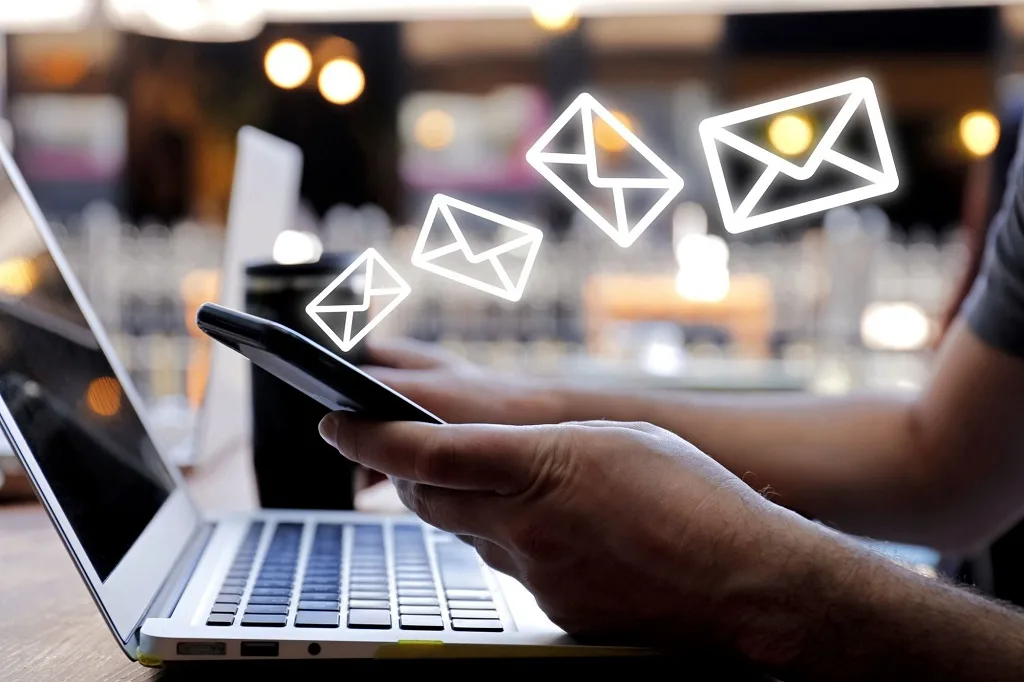
Email Marketing Explained: Strategies, Benefits, and Tips
Email marketing is a crucial component of modern digital marketing strategies. It involves sending emails to prospects and customers to promote products, services, or engage with the audience. This strategy, when implemented correctly, can significantly enhance customer relationships, boost sales, and increase brand loyalty. Understanding its origins and how it functions can provide insights into its effectiveness.
What Type of Marketing Is It and When Did It Appear?
Email marketing falls under the category of direct marketing, which involves communicating directly with potential and existing customers. The advent of email marketing dates back to the late 1970s. The first significant use of email for commercial purposes occurred in 1978 when Gary Thuerk, a marketing manager at Digital Equipment Corporation, sent an email to 400 potential clients. This email generated $13 million in sales, marking the beginning of email marketing as a viable marketing strategy.
Throughout the years, email marketing has evolved, adapting to new technologies and changes in consumer behaviour. The introduction of the internet and the proliferation of digital communication tools have further cemented its importance in the marketing arsenal. Today, email marketing remains one of the most cost-effective and efficient ways to reach a large audience, with advancements such as automation and segmentation enhancing its impact.
How It Works
Email marketing operates through a systematic process that begins with building an email list. This list is a collection of email addresses obtained through various means such as website sign-ups, social media campaigns, and in-person events. Once the list is compiled, the next step involves creating targeted email content that resonates with the audience. This content can range from newsletters, promotional offers, to personalized messages.
The effectiveness of email marketing lies in its ability to segment the audience based on various criteria such as demographics, purchase history, and engagement levels. Segmentation allows marketers to tailor their messages to specific groups, increasing relevance and engagement. Automated email systems further streamline the process by sending pre-scheduled emails triggered by specific actions taken by the recipients, such as signing up for a newsletter or making a purchase.
What Are the Advantages?
One of the primary advantages of email marketing is its cost-effectiveness. Compared to traditional marketing channels such as print and television, email marketing requires minimal investment yet offers a high return on investment (ROI). According to various studies, email marketing can yield an ROI of up to 4400%, making it a highly attractive option for businesses of all sizes.
Email marketing also provides measurable results. Marketers can track various metrics such as open rates, click-through rates, and conversion rates to assess the performance of their campaigns. This data-driven approach allows for continuous optimization, ensuring that each email sent is more effective than the last.
Additionally, email marketing fosters direct communication with customers. It allows businesses to send personalized messages that cater to the individual preferences of their audience. This personalized approach not only enhances customer satisfaction but also builds long-term relationships, promoting brand loyalty.
How It Works
The operational aspect of email marketing involves several key components. First, the creation of compelling content is crucial. This content must be engaging, relevant, and provide value to the recipients. Visual elements such as images and videos can enhance the appeal of the emails, while clear calls-to-action (CTAs) guide the recipients on the desired actions.
Next, email marketing platforms play a vital role in managing and executing campaigns. These platforms offer tools for designing emails, segmenting audiences, and analyzing campaign performance. Some popular email marketing platforms include Mailchimp, Constant Contact, and SendinBlue. These tools simplify the process, allowing marketers to focus on strategy and content creation.
Automation is another critical component. Automated workflows can be set up to send emails based on specific triggers, such as a welcome email when a new user signs up or a reminder email for an abandoned cart. Automation ensures timely and relevant communication, enhancing the overall effectiveness of the campaign.
Lastly, compliance with regulations such as the General Data Protection Regulation (GDPR) and the CAN-SPAM Act is essential. These regulations govern how businesses can collect, store, and use email addresses, ensuring the privacy and rights of the recipients are protected.

Tips for Beginners
For those new to email marketing, starting with a clear strategy is crucial. Define your goals, whether it’s increasing sales, building brand awareness, or engaging with your audience. Understanding your objectives will guide your content and approach.
Building a quality email list is another essential step. Avoid purchasing email lists, as this can lead to high unsubscribe rates and damage your sender reputation. Instead, focus on organic methods such as offering valuable content, running contests, or providing exclusive discounts to encourage sign-ups.
Personalization is key to effective email marketing. Use the data you have on your subscribers to create personalized content. Addressing recipients by their names and tailoring content based on their preferences can significantly increase engagement rates.
About Prospects
The future of email marketing looks promising, with continuous advancements in technology driving its evolution. Artificial intelligence (AI) and machine learning are set to revolutionize email marketing by enabling even greater personalization and predictive analysis. AI can help marketers predict customer behaviour, segment audiences more effectively, and create highly personalized content.
Additionally, the integration of email marketing with other digital marketing channels will enhance its effectiveness. Combining email with social media, content marketing, and SEO can create a cohesive and comprehensive marketing strategy. This integrated approach ensures that your message reaches your audience through multiple touchpoints, increasing overall engagement and conversion rates.
Finally, the emphasis on privacy and data protection will continue to shape email marketing strategies. Marketers must stay abreast of regulatory changes and ensure compliance to maintain the trust of their audience. Transparency in data collection and usage will be paramount, fostering trust and loyalty among recipients.
